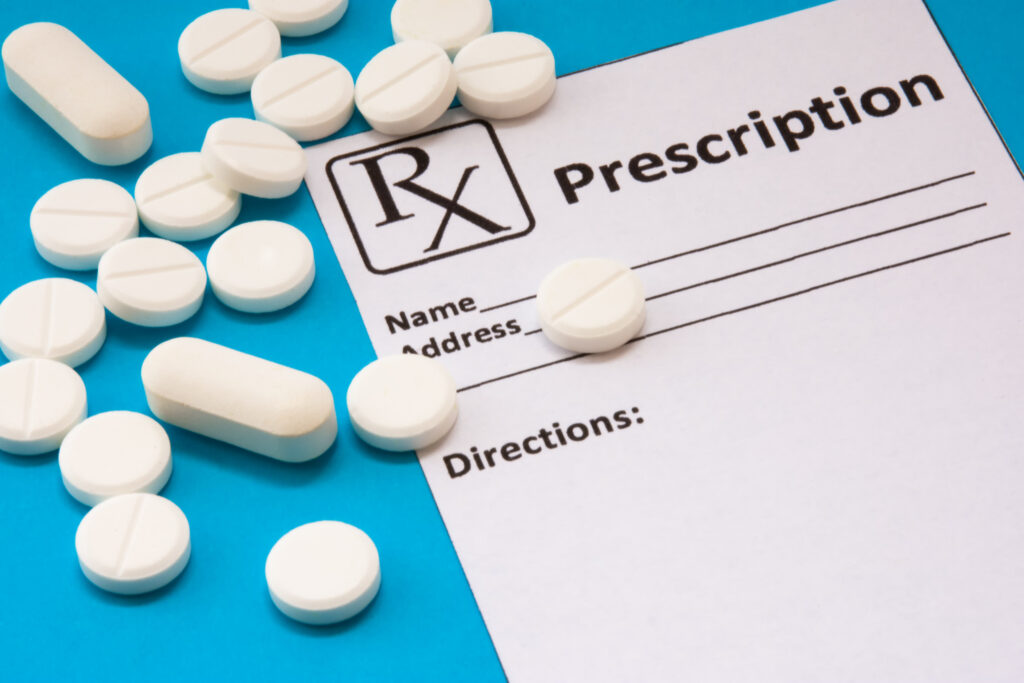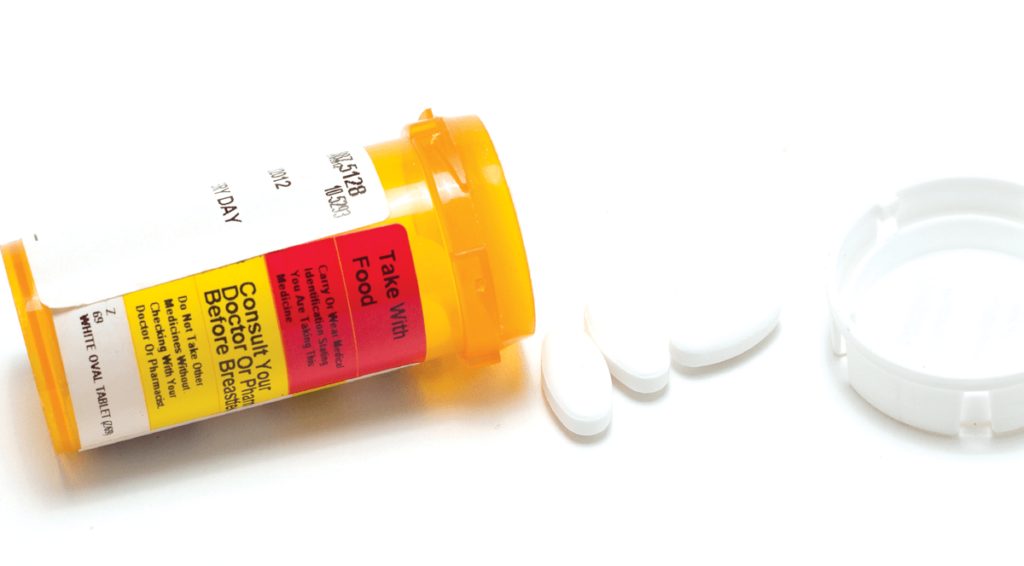
The Consequences of Mistranslated Prescriptions
When it comes to medical translation, even a tiny mistake can lead to severe predicaments. In the worst cases, it can be threatening to human health. For instance, a mistranslation in dosage can result in allergies or irreversible damage to the patient. Those who cannot speak or have a limited vocabulary in English are more vulnerable in these situations.
If the patients are not knowledgeable in the language used in their prescriptions, there is a higher risk of mistranslated medications.
It is where it becomes necessary that you consult not only the knowledgeable health professionals about the field but also the approachable ones like numan whose team of health experts and clinicians is right there to support you at every step. Consult such experts to avoid the following consequences of wrong interpretations of the given prescriptions.
Results of Mistranslated Prescriptions to Patients

A poor translation of prescriptions can potentially be a matter of life and death situation. There are many documented and undocumented cases of harmful effects that escalate in the medical and pharmaceutical industry. When doctors fail to give the correct instructions in prescribing medicines, it can cause confusion for patients.
This situation can be more problematic if the pharmacists cannot adequately address the translation of prescriptions. Often, it is due to the computer program they use to translate the medicine’s information.
These are some examples of the effects of taking mistranslated drugs to patients:
- Constipation
- Dermatitis
- Dizziness
- Diarrhea
- Insomnia
- Headache
Meanwhile, examples of more severe effects include:
- Abnormal heart rhythms
- Internal bleeding
- Cancer
What are the Common Mistranslations in Medication?

According to the National Center for Biotechnology Information (NCBI), the sources of medication errors include the following: missed doses, incorrect time intervals, incorrect route, and inaccurate dosage forms.
Here are some common mistranslated prescriptions:
1. Dosage
It is the frequency of a dose of a medicine or drug. An example of an incorrect translation of dosage is a case of a Spanish man with a heart condition. The doctor’s prescription stated that he should take the medication once a day. (The English term “once” also appears in Spanish, which means “eleven.”) The patient mistakenly took eleven pills a day instead of one pill a day.
2. LASA or Look-Alike Sound-Alike Medication

They are visually similar in physical appearance. Or it can be names of medications with spelling similarities. FDA says that 10% of all reported medication errors result from drug name confusion.
3. Confusion in Labeling and Packaging
Poor labeling is one of the primary causes of medication errors. There are 33% of errors in medication that stem because of this. Studies have manifested that variability in drug labeling, and the use of specific terminology can adversely affect a patient’s understanding of medical instructions.
4. Improper translation of computer programs

Countries with different languages require to use translation programs from their computers. As a result, there are words that cannot be directly translated from English to another language. Hence, the medication will not be entirely appropriately administered.
Preventive Measures to Avoid Mistranslated Prescriptions
Understanding doctor’s prescriptions can be challenging even if you are an English native speaker. It is quite common that there is a misunderstanding in this departure. But, when this happens, there can be consequences, and you need to be sure to avoid them. This is why you need to follow the advice we have listed for you below.
- Proper communication between the patient and the doctor. As much as possible, a doctor must explain the prescription in terms of usage, dosage, and effects. You shouldn’t be afraid of sounding stupid in front of a doctor. The important is to be sure what your prescription says. The full understanding is necessary for your own well-being. You should be direct with the doctor and ask them to, in detail, explain the prescription for you before you exit the office.
- Request for translation services if you cannot understand the language used by your doctor. According to translingua-translations.com, hiring professional translation services can help you accurately understand the prescriptions given to you. In a case you do not speak English, then things could get even more complicated. If this is the case, you need to have someone speaking both languages, both English and your native, so that he or she can communicate your thoughts to the doctor. The best option would be that the person employed in the pharmacy speaks both languages, but you can only hope that this is the case.
- Read appropriately and repeat the instructions to the pharmacist to ensure that you understood the instructions correctly. Pharmacists should also counsel the patient regarding their procurement of medicines. Another thing that you can do is to read the prescription back to the doctor. This is an ideal option to be sure that you understand what is written on the paper. Also, this way doctor can be assured that his therapy would be administered to you. Even your doctor would be glad that you are taking this approach, as this is something that they care for their patients.

- Even after picking up your prescription, there’s a chance that you didn’t get the right medicines. If you start doubting that this is what happened, the best route to take is to give a call to the pharmacy and ask them did you get what was written on the paper. If they can’t confirm it this way, you can send them the picture of the prescription as this is made possible by the recent technological advancement. You shouldn’t stove away from this move as you need to do anything possible to ensure your health.
- In the end, you can try and find the pharmacy that you know that a person works who will take time to explain everything to you that it’s not clear. If you are not a native English speaker, you can search for a pharmacy that has a person working who speaks it too. This could be hard to do, so leave it as a last resort.
You need to pay attention to every detail we have mentioned above. Why? Well, your health is and should be your primary concern. You do not want it endangered due to miscommunication. When health is in question, you need to be sure that the right medication or treatment is administered to you.
To do this, you need to ask the right questions to the right persons. Your right is to know what you are given, and the doctor’s and pharmacist’s duty is to inform you of the matter in hand properly. Mistranslated prescriptions can be dangerous, and you need to be wary of them.




